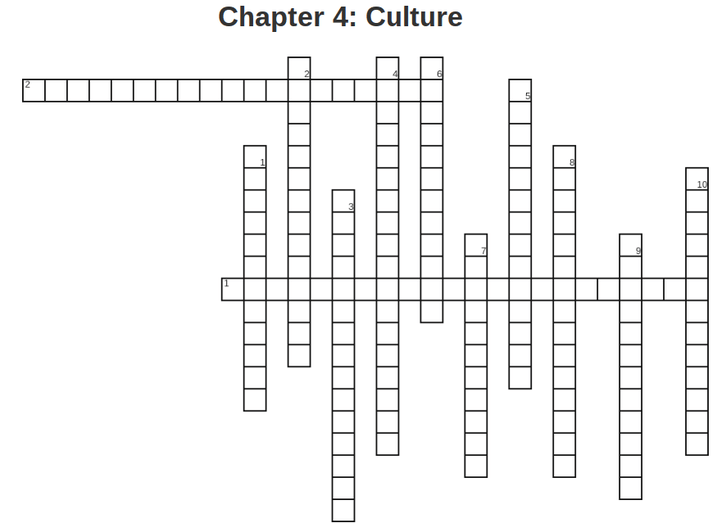Quien spanish who knows crossword – Quién Spanish Who Knows Crossword: this intriguing crossword clue points to a multifaceted interrogative pronoun with deep linguistic and cultural roots. Embark on a journey to unravel the mysteries of “quién” and its captivating presence in the Spanish language.
In Spanish, “quién” serves as a key interrogative pronoun, employed to inquire about the identity of individuals. Its usage extends beyond mere identification, encompassing contexts where the speaker seeks information about a person’s profession, role, or affiliation. Understanding the nuances of “quién” is essential for effective communication in Spanish.
Meaning and Usage of “Quién” in Spanish: Quien Spanish Who Knows Crossword
In Spanish, “quién” is an interrogative pronoun that means “who.” It is used to ask questions about the identity of a person or people.
For example, you could use “quién” to ask the following questions:
- ¿Quién es el presidente de los Estados Unidos?
- ¿Quién escribió Don Quijote?
- ¿Quién es tu mejor amigo?
“Quién” is also used in indirect questions.
For example, you could say:
- No sé quién es el presidente de los Estados Unidos.
- Me pregunto quién escribió Don Quijote.
- Quiero saber quién es tu mejor amigo.
It is important to note that “quién” is only used to ask questions about people. If you want to ask a question about an object or animal, you should use the interrogative pronoun “qué.”
“Quién” in Crossword Puzzles

“Quién” is a common answer in crossword puzzles because it is a short, common word that can fit into a variety of spaces.
Here are some tips for solving crossword puzzles that contain the clue “quién”:
- Think about the context of the clue. What type of person or people is being asked about?
- Consider the length of the answer. “Quién” is a four-letter word.
- Try to fill in the other letters in the grid. This can help you narrow down the possibilities.
Here is a sample crossword puzzle with a clue that requires “quién” as the answer:
| 1 | 2 | 3 | 4 |
| A | C | T | O |
| R | I | C | O |
| ? | U | I | É |
| N |
The clue for the missing letter is “Who.”
The answer is “quién.”
Cultural and Historical Significance of “Quién”
“Quién” is a word that has been used in Spanish for centuries. It is found in literature, music, and art.
For example, the famous Spanish novel “Don Quijote” begins with the line “¿Quién es aquel caballero que se acerca?” (“Who is that knight who approaches?”).
“Quién” is also used in many popular songs. For example, the song “Quién será” by the Mexican singer Juan Gabriel asks the question “Who will it be?”
In art, “quién” is often used to represent the unknown. For example, the painting “Quién es quién” by the Spanish artist Salvador Dalí depicts a group of people with their faces obscured.
“Quién” in Formal and Informal Settings

The usage of “quién” varies depending on the formality of the setting.
In formal settings, it is more common to use the full form of the word, “quién.”
For example, you would say “Quién es usted?” to a stranger.
In informal settings, it is more common to use the shortened form of the word, “quién.”
For example, you would say “Quién eres?” to a friend.
Related Words and Phrases
There are a number of other words and phrases that are related to “quién.”
- ¿Quién sabe? – Who knows?
- No sé quién – I don’t know who
- ¿Quién eres tú? – Who are you?
- ¿Quién es él/ella? – Who is he/she?
- ¿Quiénes son ellos/ellas? – Who are they?
Quick FAQs
What is the meaning of “quién” in Spanish?
In Spanish, “quién” is an interrogative pronoun that means “who” and is used to inquire about the identity of individuals.
How is “quién” used in crossword puzzles?
“Quién” is a common answer in crossword puzzles because it is a frequently used word in Spanish and fits well into various puzzle grids.
What is the difference between “quién” and “qué”?
“Quién” is used to ask about people, while “qué” is used to ask about things or concepts.
Can you provide an example of a famous quote that uses “quién”?
One famous quote that uses “quién” is “Quién bien te quiere te hará llorar” (He who loves you well will make you cry).